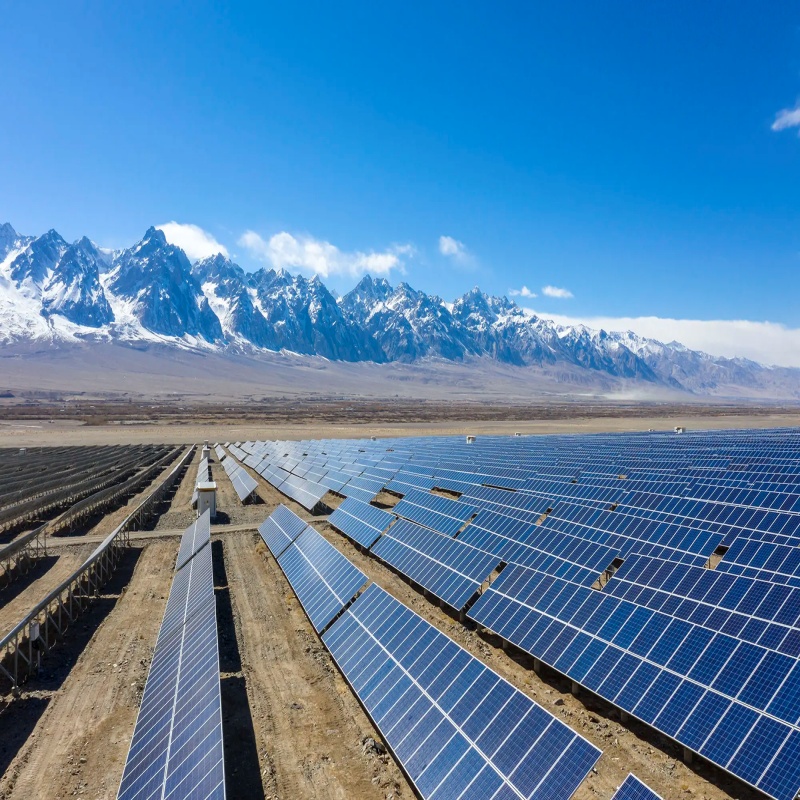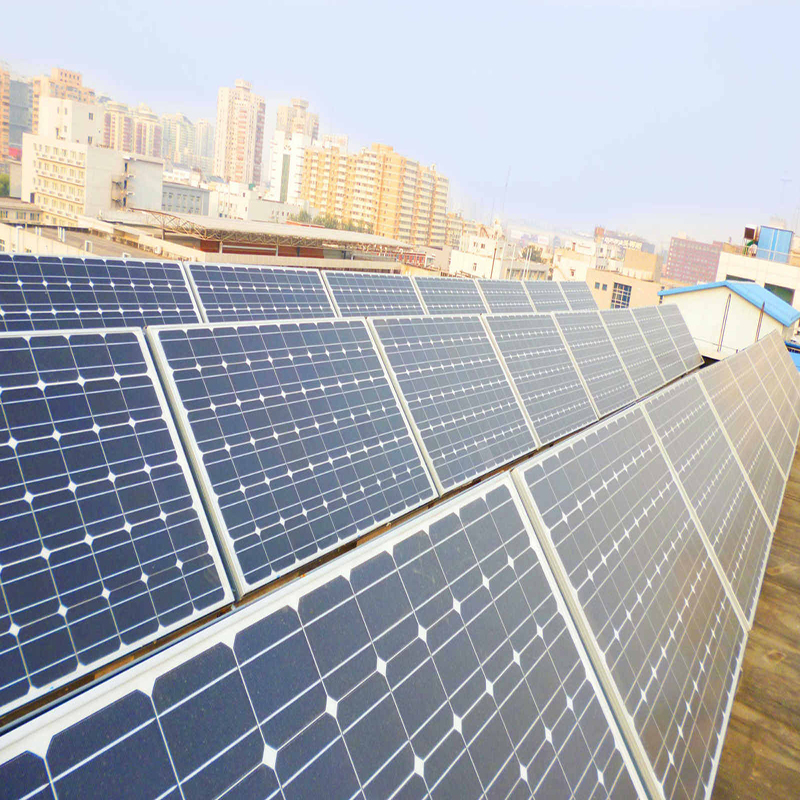◉ How to choose solar panels is often the biggest problem that many users hesitate, because, the choice of photovoltaic panels directly determines a series of problems in the subsequent use of photovoltaic and installation and subsequent maintenance management.
Selecting solar panels is a decision-making process involving several factors. Here are some key considerations for you based on information and experience from various sources:

◉ 1. Power and efficiency
The power of solar panels refers to the ability to generate electricity per unit of time, usually measured in watts (W). When choosing solar panels, you should select the appropriate power based on your electricity needs. If the electricity consumption is high, it is recommended to choose solar panels with higher power to ensure that the electricity demand can be met.
The efficiency of solar panels refers to the proportion of solar energy converted into electricity, usually expressed as a percentage. Therefore, when choosing solar panels, you should choose the appropriate efficiency according to your budget and electricity demand.
◉ 2、Brand and material
Brand is also an important consideration when choosing solar panels. PV panels of well-known brands usually have higher quality and better after-sales service, which can better protect consumers’ rights and interests. Therefore, it is recommended to choose PV panels of well-known brands.
The material of the solar panels is also an important consideration. The common materials of solar panels on the market today are monocrystalline silicon, polycrystalline silicon and amorphous silicon. Among them, monocrystalline silicon has the highest efficiency, but is also the most expensive; polycrystalline silicon has the second highest efficiency and is moderately priced; amorphous silicon has the lowest efficiency, but is the cheapest. Therefore, when choosing solar panels, you should choose the appropriate material according to your budget and electricity demand.
◉ The value of the brand is mainly reflected in the stability of product quality, while the material mainly determines the use of solar panels, a reasonable choice of brand and material can make the late maintenance become more secure.

◉ 3、Size and application scene
The size and arrangement of solar panels need to be selected according to the installation space. If the space is limited, you can choose a smaller size or flexible thin film solar panels. In addition, it is also necessary to consider the application scenarios of the solar panels, such as home power generation, commercial buildings, electric vehicle charging, etc. Different application scenarios may require different types of photovoltaic panels.
◉ 4. Cost and cost-effectiveness
When choosing solar panels, you also need to consider the cost and cost-effective. In addition to the price of the solar panels themselves, you need to consider the installation costs, maintenance costs, and long-term energy savings. Return on investment can be assessed by calculating the payback period of the solar panels.
◉ 5. Safety and reliability
It is important to select solar panels with good quality and reliability to ensure long-term stable power generation capacity. You can check the certification of the solar panels, such as CE, IEC and other international certifications, as well as user reviews and after-sales service policies.
The above are some simple statements made in several directions for the selection of solar panels. But for all of you, these words can be found very simply on the Internet, without actually giving a clear goal.
◉ In that case, I will give you a standard: in terms of unit price, the higher the power of the solar panels, the higher the efficiency of the cost is also greater. It is generally recommended to power 550W of standard photovoltaic panels as the first choice, this kind of photovoltaic panels appearance standard size of 2278*1134*35, can also be applied to most of the scene.
◉ This specification of solar panels are widely used, many factory domes, photovoltaic power plants, farms, open space, photovoltaic parking spaces and so on are used in this model. A common model means a complete set of accessories and a better price/performance ratio. The reason why we recommend this is to give you a standard, you can make some comparisons on this standard, compare its cost-effective, and then according to the specific environment to make some changes according to local conditions. For example, some regions have more extreme weather, hail hurricanes, etc., then in this specification, you can choose hail-proof solar panels, or choose a more robust bracket structure. Another example, some areas affected by its terrain, can be installed in a smaller space, the need for larger, more efficient photovoltaic system, then you can choose the energy efficiency ratio to reach the current market in the higher end of the solar panels, and the addition of automatic tracking or timed flip solar racking, so that the two-pronged approach, naturally, can achieve more energy reserves.
◉ To summarize, when choosing solar panels, you need to comprehensively consider factors such as power, efficiency, brand, material, size, application scenarios, cost, cost-effective, safety and reliability. I hope this information can help you make a wise choice.
→ For all products,services and up to date information,please contact us.
Post time: Sep-20-2024

